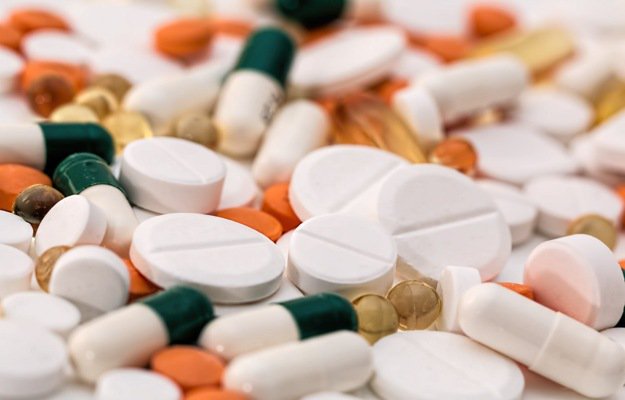According to the Centers for Disease Control and Prevention, about one-third of American adults have high cholesterol. But less than half of these people are getting the medical treatment they need to reduce the amount of their "bad" cholesterol.
Cholesterol in itself is not a bad thing – your body makes cholesterol and circulates it through your bloodstream. Some forms of cholesterol help in the healthy functioning of the body. One form of cholesterol, called LDL, can lead to coronary heart disease and stroke. If lowering cholesterol were as easy as getting sunshine and absorbing vitamin D, everyone would be doing it. So let us know, what is the relation between “Sunshine Vitamin” and cholesterol?
Read more - (Know the Difference Between the Types of Vitamin D)












